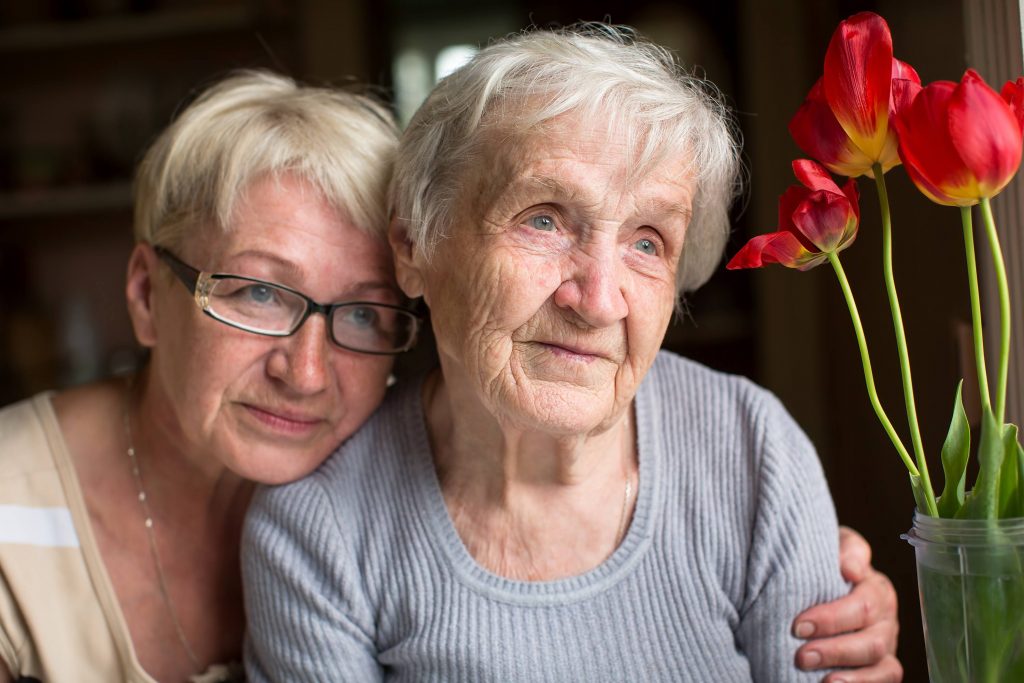-
Mayo Clinic Q and A: Memory loss

DEAR MAYO CLINIC: My mom is in her 80s, and I've noticed that her memory seems to be slipping. Sometimes she forgets a person's name or can't recall what she did the day before. Is it normal to have these types of lapses at her age or should I be worried they are signs of something more serious?
ANSWER: It is understandable that you are concerned about changes in your mother's memory. Memory lapses and modest decline in thinking skills are common as people age. There's a difference, however, between normal changes in memory and memory loss associated with neurodegenerative conditions such as Alzheimer's disease and Lewy body dementia. And some memory problems are the result of treatable conditions.
It may help to think of memory function as running on a continuum, with each person's memory and cognitive functioning falling somewhere along it. Some people have sharp memories and can recall even the smallest details, while others struggle to remember big events. Memory changes can be viewed as movement along this continuum.
Minor changes in memoryas a person ages are considered normal. This includes misplacing reading glasses or occasionally having difficulty finding the right word. These situations are common and within the range of normal memory changes. These types of lapses don't interfere with daily life and are not considered signs of dementia.
Mild cognitive impairment is a larger change along the memory continuum. This occurs if a person is experiencing memory changes in addition to cognitive changes, such as thinking or reasoning skills. Symptoms could include short-term memory problems, repeating conversations and questions, and increased reliance on lists. However, people with mild cognitive impairment usually can manage their own finances, medications and household chores, and drive without concern.
For some people, mild cognitive impairment does not worsen. Their memory and function remain constant for the rest of their lives. For others, it is an early symptom of a neurodegenerative condition such as Alzheimer's disease.
You may be concerned that your mother is developing dementia. It's important to know that dementia is not a specific disease, but rather a group of symptoms that affects memory, thinking and social abilities severely enough to interfere with daily life. Unfortunately, dementia has a negative connotation. What it really means is that a person's brain function is impaired enough that the person cannot live alone and requires help with some daily tasks. Memory loss that disrupts daily life is one of the first and more recognizable signs of dementia.
Other early signs can include:
- Asking the same questions repeatedly.
- Forgetting common words when speaking.
- Mixing words up, such as saying "bed" instead of "table."
- Taking longer to complete familiar, simple tasks, such as operating a microwave or washing machine.
- Being unable to perform complex tasks with many steps, such as following a recipe or playing a board game.
- Misplacing items in inappropriate places, such as putting a wallet in the refrigerator.
- Getting confused while walking or driving in a familiar area.
- Transposing numbers, such as when balancing a checkbook or dialing a telephone number.
- Limiting participation in conversations.
I recommend that you schedule an appointment for your mother with a memory care expert. Alzheimer's disease and other neurodegenerative conditions cannot be diagnosed by completing a one-time memory test.
Regardless of diagnosis, here are a few things that you can do to help your mother's memory:
- Encourage independence and purpose.
Every person wants to feel purposeful, so help your mother remain active and performing daily activities for as long as possible. You may need to modify some activities. For example, labeling cabinet doors or writing instructions for household appliances can provide a sense of independence. - Foster social interaction.
Research has shown that regular social interaction slows cognitive decline. However, when people start to have memory problems, they often pull back socially to avoid embarrassment. Schedule social time with a small, safe group who is familiar with your mother so she doesn't need to worry or feel self-conscious about repeating stories or asking questions. - Talk about preferences.
Some people want to know if they have already asked a question or be gently reminded. This could agitate others. Ask her which option is preferred and recognize that this could shift as conditions change. Identify a way to confirm that she would like help. A simple nod or finger flick could signify that it is OK to lend support or assistance. - Create a predictable and soothing environment.
Establishing and strengthening routine habits and minimizing memory-demanding tasks can make life easier for all. Keep her keys, purse and regularly used items in the same place. Post a large calendar in a common area to track daily schedules and appointments. Remove excess clutter to create a restful environment. - Encourage exercise.
Your mom may not be able to run a marathon anymore, but regular movement improves blood flow, moderates mood and improves sleep. Gardening, walking and dancing are low-impact, safe activities for many people. - Plan healthy meals.
People with memory concerns may forget to eat, lose interest in preparing meals or not eat a healthy combination of foods. Make every calorie beneficial by planning nutritionally dense meals that are rich in fruits, vegetables, whole grains and legumes, fish, healthier fats, and herbs or seeds.
It can be challenging to cope with cognitive and memory changes. Remember to surround yourself with a care team that includes neurology, neuropsychology and psychiatry, as well as other practitioners who can offer more advice. — Kari Mongeon Wahlen, Neurology, Mayo Clinic Health System, Mankato, Minnesota
****************************
Related Articles
- Mayo Clinic Minute: Reducing dementia risks published 6/21/22
- Mayo Clinic Q and A: 4 ways to reduce your risk of dementia published 6/8/22
- Consumer Health: Are there ‘Alzheimer’s disease genes?’ published 3/30/22
- News Release: New computational model proposed for Alzheimer’s disease published 3/28/22
- News Release: Cardiovascular risks may be worse for thinking, memory skills in middle-aged women published 1/5/22
Related Articles







